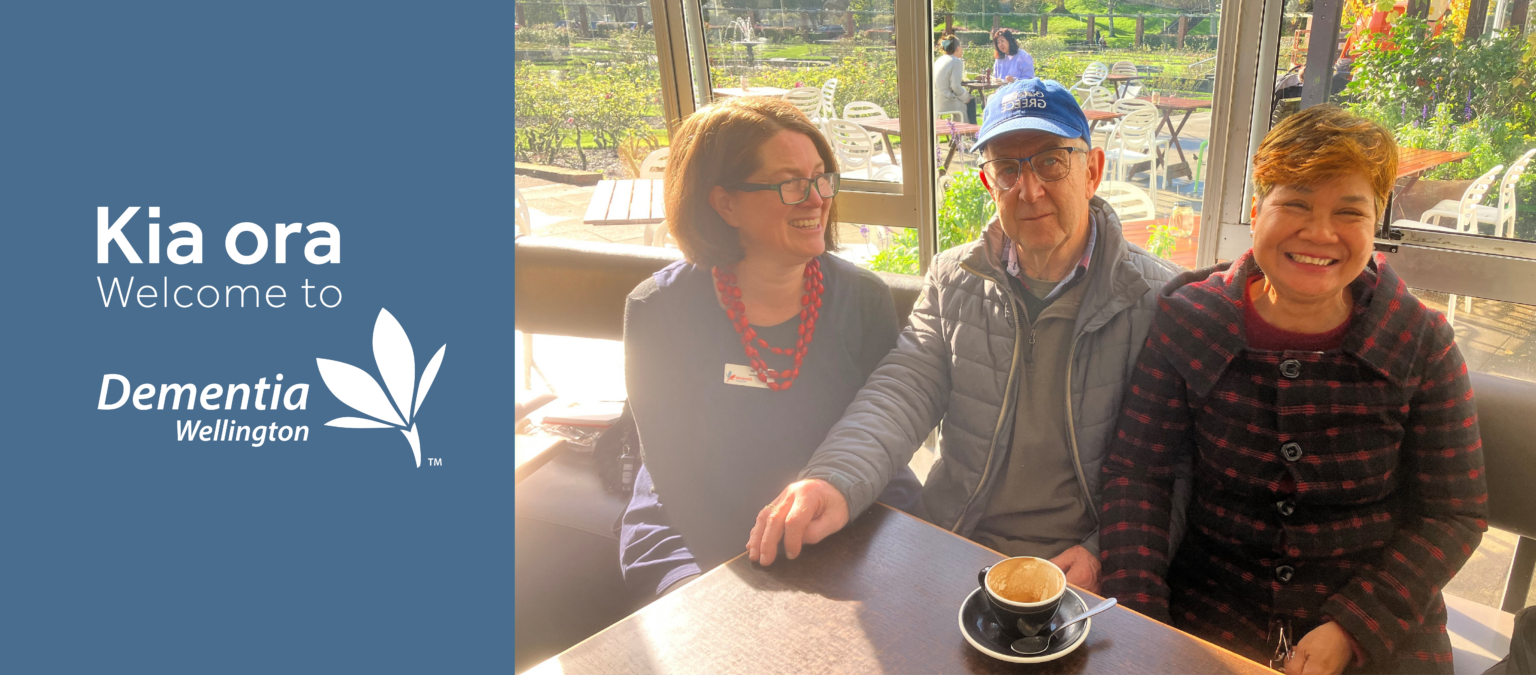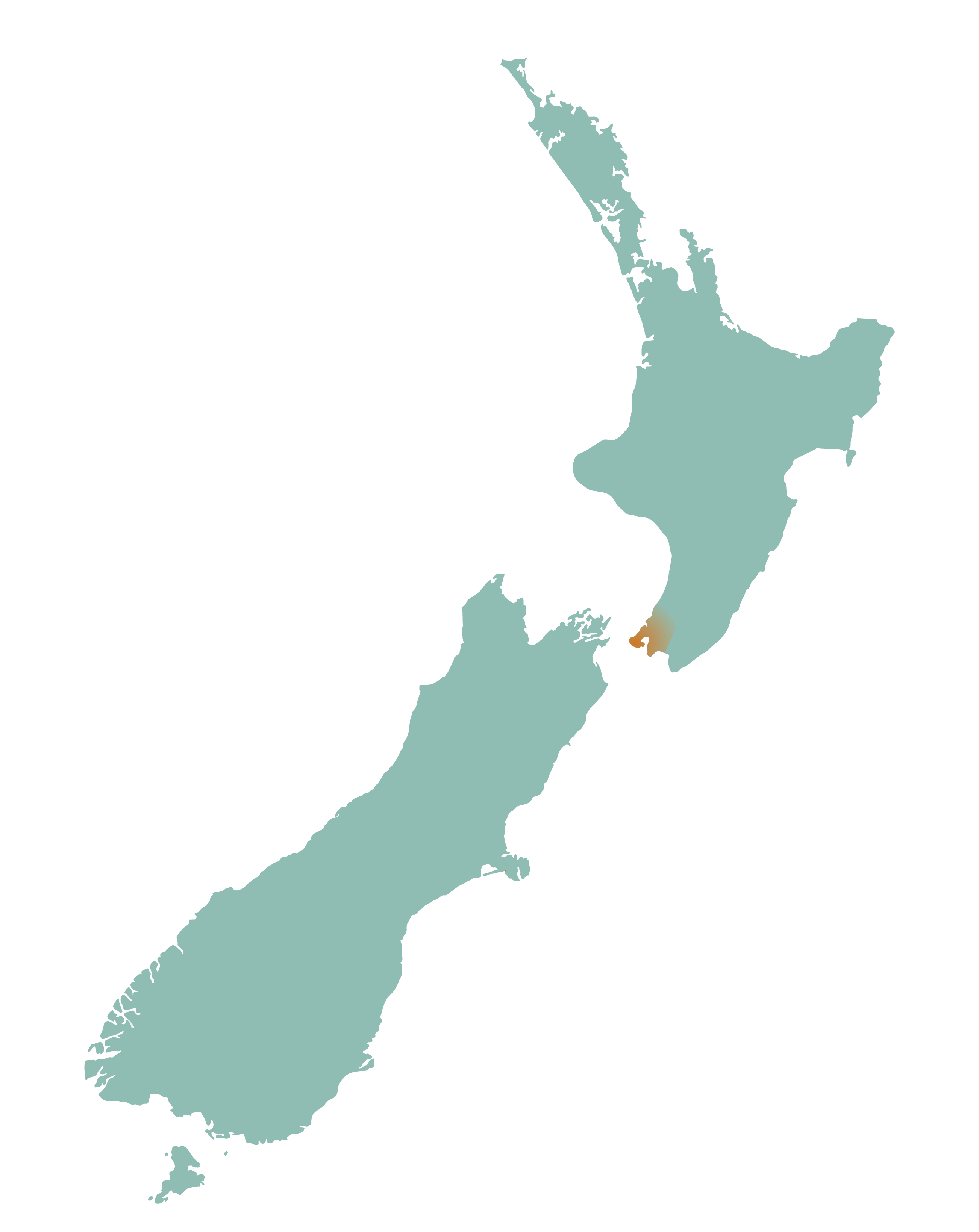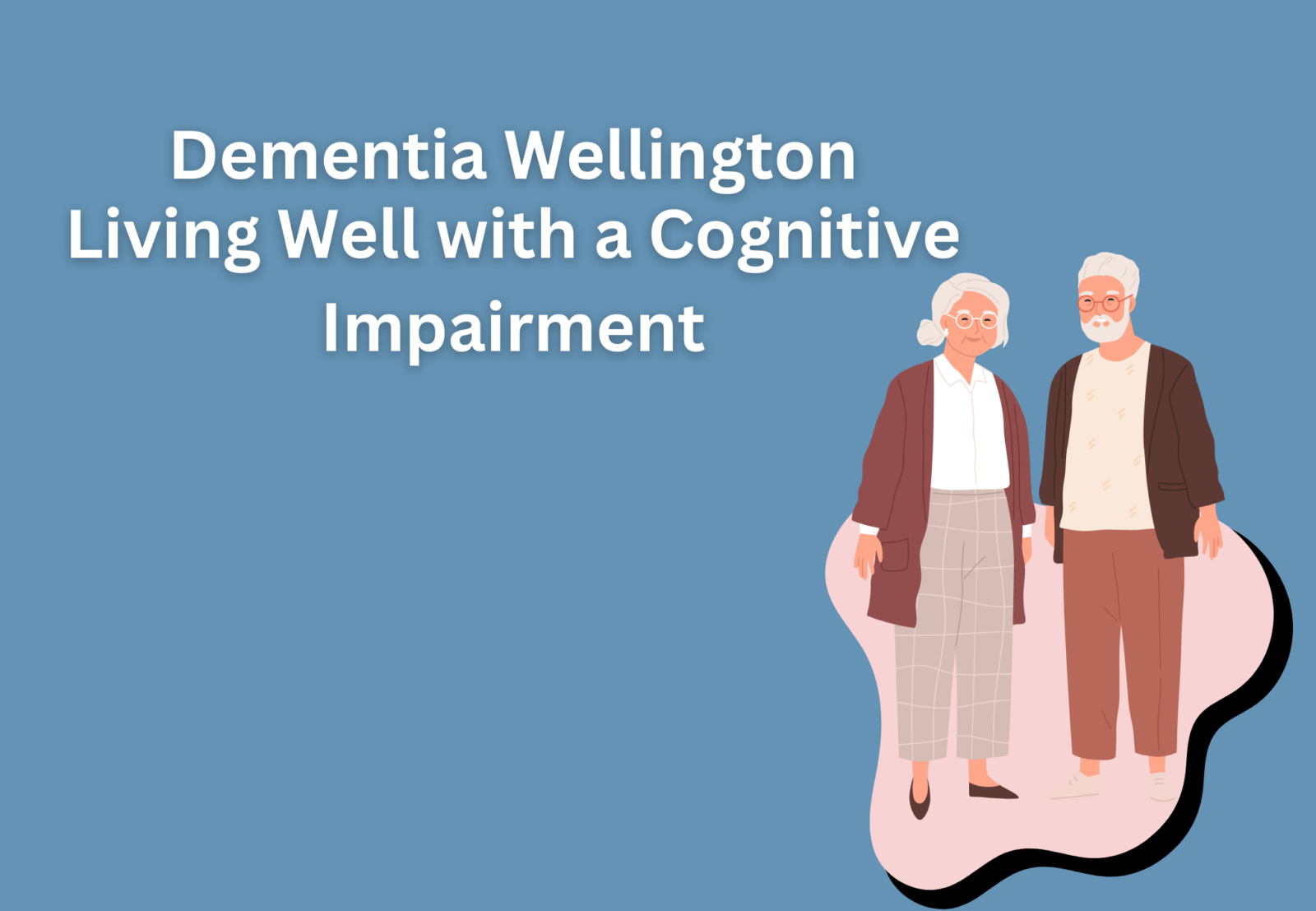Dementia Wellington’s vision is to inspire people to live well with mate wareware dementia and remain active and engaged in their community. With a timely diagnosis and the right support in place, most people with dementia can continue to enjoy living life to the full in their community for many years.
We know that for every person living with dementia there is a carer, whānau, a network of friends, and often colleagues who need information and support. We can support you and your whānau to plan ahead and feel more confident about the future.
Our team of Dementia Advisors provide free, community-based specialised support services across the wider Te Whanganui-a-Tara Wellington area, including Kāpiti, Porirua, Wellington and the Hutt Valley.
We hope that walking the journey with Dementia Wellington will help you and your whānau to continue to get the most out of life – staying active and engaged in your community and feeling supported and informed throughout the stages of dementia.






